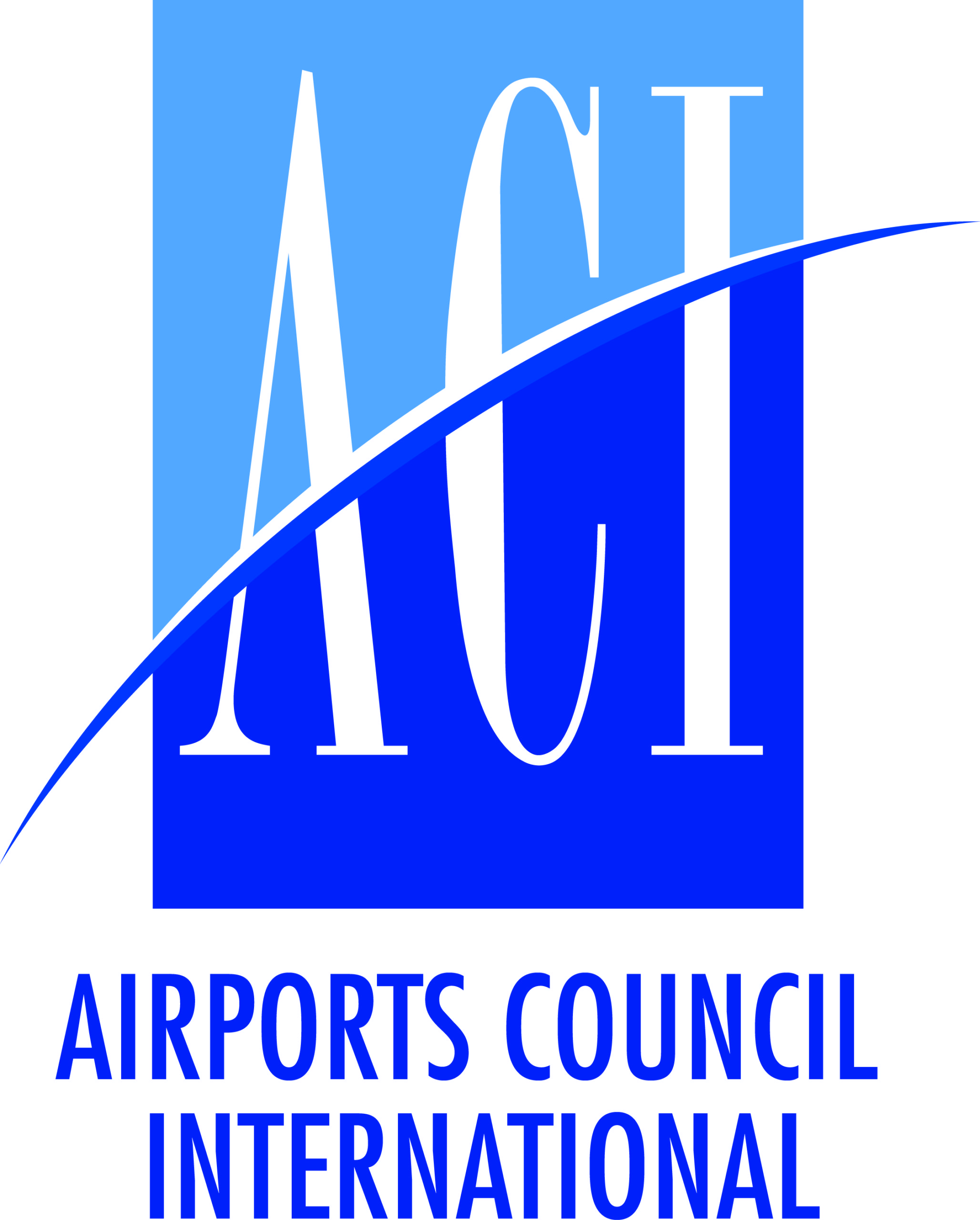Source: ACI
- Findings reveal a more considered and informed perception of flying during the recovery
- “COVID-19 has caused substantial changes in human behaviour and provoked a whole new set of expectations affecting how products and services should be delivered and experienced, and the airport sector is no exception,” said ACI World Director General Luis Felipe de Oliveira
Airports Council International (ACI) World has today published the second edition of the ASQ Global Traveller Survey which confirms that travellers remain highly positive with regards to their willingness to travel by air.
The 2021 findings were launched during the second day of the ACI LAC/World Annual General Assembly, Conference, and Exhibition, in Cancun Mexico. Completion of the report was supported by InterVISTAS—Platinum Advisory Partner—and KONE, ICF, and Plaza Premium Group as Premium sponsors.
Since last year’s survey results, travellers have developed a more considered and informed perception of the pandemic, and this will influence their future flying behaviour.
A new segment emerging from the research shows that 48% of respondents have travelled since the beginning of the pandemic. The survey suggests that respondents who have travelled during the pandemic are more likely to travel by air again sooner and more frequently. These observations highlight that, on returning to air travel, the journey feels safe and secure.
In contrast, those that have not yet flown since the beginning of the crisis tend to be less confident as they have not yet experienced the changes that airports have implemented across the passenger journey. This issue is further intensified by the lack of harmonized measures across governments, particularly regarding international travel.
The second new segmentation of the research was based on travellers’ vaccination status, revealing polarized results. Even though all respondents are equally interested in travelling by air again, the vaccinated respondents, although protected by the vaccine, retain concerns about their safety when travelling and want clear reassurance that the airport environment is safe. Such results highlight the importance and relevance of the ACI Airport Health Accreditation program which assists airports by assessing how aligned their health measures are with global standards and by building passenger confidence.
“COVID-19 has caused substantial changes in human behaviour and provoked a whole new set of expectations affecting how products and services should be delivered and experienced, and the airport sector is no exception,” said ACI World Director General Luis Felipe de Oliveira. “While this dramatic shift presents a major challenge to airport customer experience teams who must meet and exceed a diverse range of new traveller expectations, it also opens new opportunities to improve overall levels of satisfaction.
“The 2021 ASQ Global Traveller Survey provides an updated perspective on the speed of return to air travel and offers key insights and guidance to help airports and other related stakeholders to evolve their customer experience strategies and keep their competitive advantage—as the sector works towards a sustained long-term recovery.
“However, a key part of this endeavour to build passenger confidence is government support. ACI continues to call on governments to take action to implement risk-based, pragmatic approaches, such as mutual recognition of vaccines and interoperable solutions for proof of health status.”
The report offers both a global perspective as well as regional insights. The guidance provides regional dashboards highlighting some of the key specificities that should be taken into consideration when designing a customer experience strategic plan for a specific airport.
ACI will also hold webinars on the topic, with the first occurring on 30 November 2021, which will reveal the findings from the 2021 ASQ Global Traveller Survey followed by a panel discussion from industry experts on how they are adapting their services and accelerating industry recovery. During the second webinar on 7 December 2021, a panel of experts will offer their perspectives on addressing challenges and how to adapt infrastructure, technology, and new revenue stream


